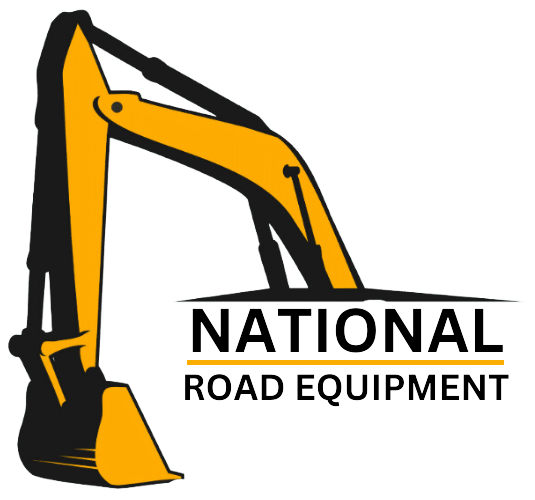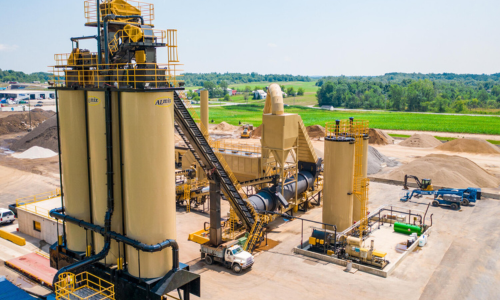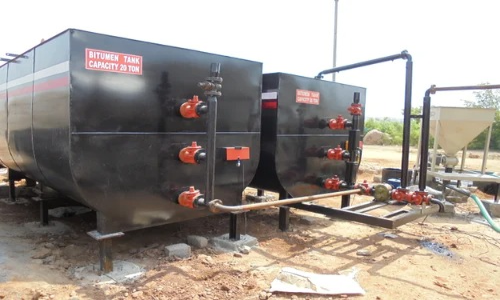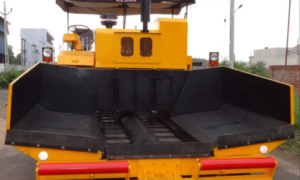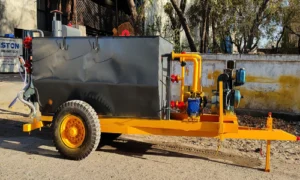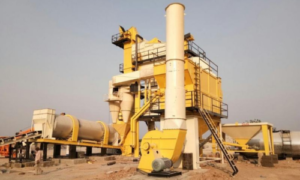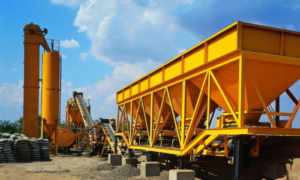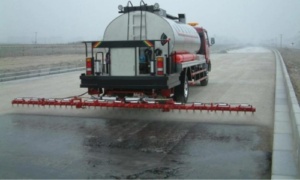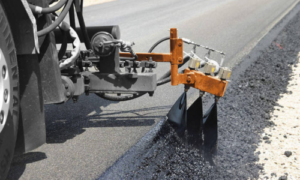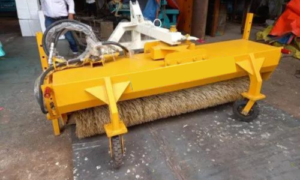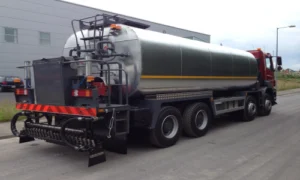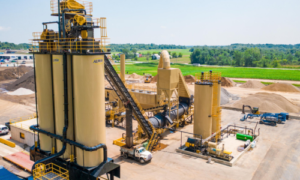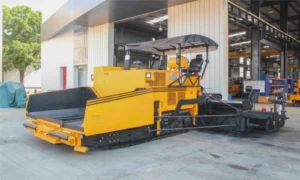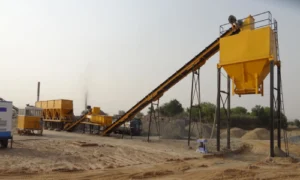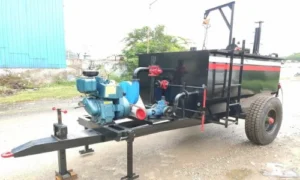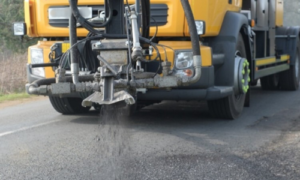Soil Stabilization Plant
- Home
- Equipment's
- Soil Stabilization Plant
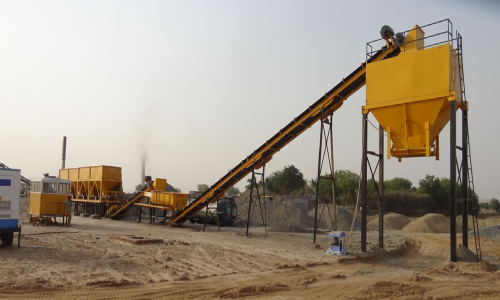
Soil Stabilization Plant
A Soil Stabilization Plant is a facility designed to enhance the physical properties of soil to make it more suitable for construction. It combines soil with stabilizing agents like cement, lime, or bitumen using mixing equipment. The plant typically includes storage silos, feeders, a mixing unit, and dust control systems. This process improves soil strength, reduces plasticity, and ensures a stable foundation for roads, pavements, embankments, and buildings.
Key Features
Mixing Equipment
This includes machinery to blend soil with stabilizing agents like cement, lime, bitumen, or other additives. The mixing can be done either in-situ (on-site) or in a plant.
Storage Silos
For holding the stabilizing agents before they are mixed with the soil. These silos keep materials like cement or lime dry and ready for use.
Control System
Modern plants have computerized systems to monitor and control the mixing process, ensuring the correct proportions of materials and optimal mixing.
Discharge System
Once the soil is properly stabilized, it needs to be discharged for use. This system helps in transferring the mixed material to storage or directly to the construction site.
Dust and Pollution Control
Since the process can generate dust and emissions, plants are equipped with systems to manage and reduce environmental impact.
Feeders and Conveyors
These are used to transport soil and stabilizers to the mixing unit. They ensure an even distribution of materials.
Benefits
Enhanced Soil Strength
Improves the load-bearing capacity of the soil, making it suitable for heavy structures and vehicles.Reduces the risk of settlement and structural failure.
Improved Durability
Stabilized soil resists erosion, weathering, and water damage more effectively. Extends the lifespan of infrastructure such as roads, pavements, and embankments.
Cost-Effective Solution
Stabilizing soil is often more affordable than alternative ground improvement methods, such as deep foundation systems.Offers a more economical way to prepare soil for construction, saving on project costs.
Versatility
Suitable for a wide range of soil types and stabilization needs, including roads, embankments, and building foundations.Can be adapted to various construction requirements and soil conditions.
Applications
A Soil Stabilization Plant is a facility used to improve the physical properties of soil, making it more suitable for construction and other uses. This process, known as soil stabilization, is crucial in civil engineering to ensure that the ground can support structures such as roads, pavements, and buildings.

Road Construction
Ideal for constructing and maintaining high-traffic roads that require durable and high-quality asphalt surfaces.
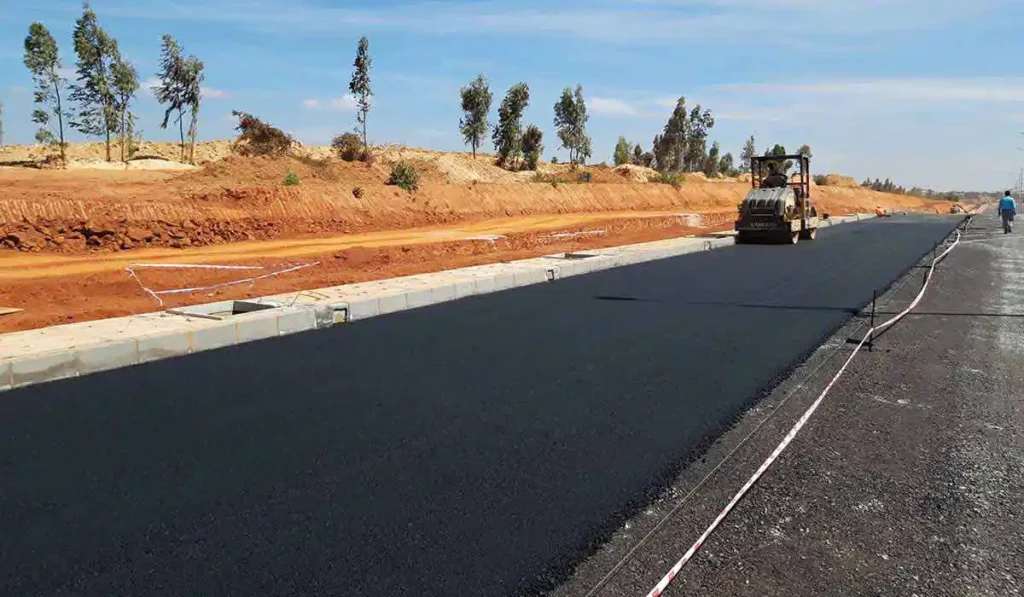
Pavement Construction
Pavement construction involves creating a durable surface for roadways, driveways, parking lots, and other areas where vehicles or foot traffic will be present.

Urban and Rural Roads
Suitable for a variety of road construction projects, from city streets to rural pathways.
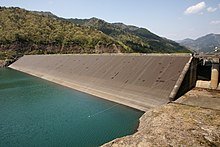
Embankments and Dams
Embankments and dams are critical structures in civil engineering, used for water management, flood control, and providing water resources for various purposes.
